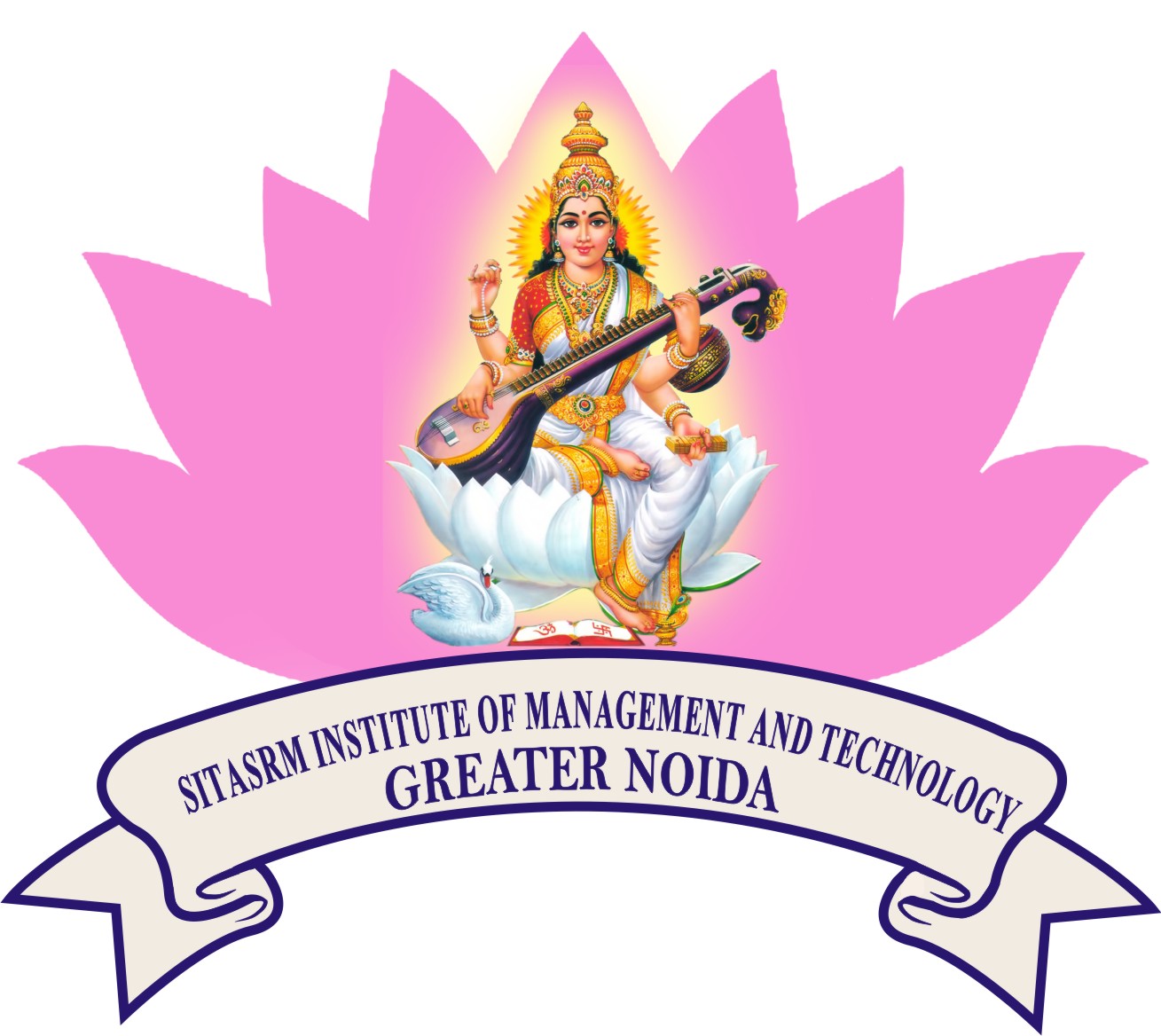 SIMT
SITASRM INSTITUTE OF MANAGEMENT & TECHNOLOGY
SIMT
SITASRM INSTITUTE OF MANAGEMENT & TECHNOLOGY
 SIMT
SITASRM INSTITUTE OF MANAGEMENT & TECHNOLOGY
SIMT
SITASRM INSTITUTE OF MANAGEMENT & TECHNOLOGY

SIMT
SITASRM INSTITUTE OF MANAGEMENT & TECHNOLOGY
Menu
Where your passion for code sparks a professional journey
Program Level
Undergraduate
Duration
3 years
Program Accreditations

Approved by the AICTE, India

Affiliated with Dr. A.P.J. Abdul Kalam Technical University
About the Programme
- The Bachelor of Computer Applications (BCA) program at SITASRM Institute of Management and Technology is a three-year undergraduate degree, divided into six semesters.
- It is designed to provide students with a strong foundation in computer applications, software development, programming, databases, networking, and emerging technologies.
- The program aims to equip students with the necessary skills and knowledge to thrive in the IT industry and pursue further studies.
- Aligned with the National Education Policy (NEP) 2020, the program focuses on holistic development, integrating technical skills with critical thinking, creativity, and ethical grounding
- The institute emphasizes practical learning, industry interaction, and readiness for future technologies, including areas like Artificial Intelligence and Machine Learning.
Eligibility Criteria
- Educational Qualification : Completion of 10+2 or equivalent examination from a recognized board.
- Minimum Marks : Minimum 45% aggregate in 10+2 from a recognized board.
- Compulsory Subject : Mathematics is often required at the 10+2 level.
- Admission : Typically based on scores from the Common University Entrance Test (CUET-UG), followed by counseling conducted by AKTU/UPTAC
Curriculum Structure
- Duration : 3 Years (6 Semesters).
- Approach : The curriculum blends theory with practical application through labs and projects, aligning with industry requirements. It encourages learning by doing.
Key Subjects
- Fundamentals of Computer
- Mathematical Foundation
- Problem Solving Using C
- Communication Skills
- Environment and Ecology
- Problem Solving Using C Lab
- Communication Skills Lab
- Digital Electronics
- Discrete Mathematics
- Data Structure
- Professional Communication
- Information Systems
- Data Structure Lab
- Professional Communication Lab
- Sports and Yoga
Subjects Overview
- Year 1 (Sem 1 & 2) : Focus on fundamentals like Digital Computer Fundamentals, Introduction to Programming Using C, C & Data Structures, Foundational Mathematics, Statistics, Operating Systems, Database Management System basics, Microprocessors.
- Year 2 (Sem 3 & 4) : Includes subjects like Semiconductor Devices, Numerical Analysis, Discrete Structures, Computer Graphics, Advanced Operating Systems, Software Engineering, Optimization Techniques.
- Year 3 (Sem 5 & 6) : Covers areas like DBMS, Java Programming, Dynamic Web Page Design, Computer Networks, Network Security, System Analysis & Design, E-Commerce, Knowledge Management, and potentially a Major Project.
- Emerging Tech Focus: Exposure to AI, Machine Learning, and prompt engineering concepts, encouraging projects like AI chatbot development.
Program Outcomes (POs)
- Progressive Learning : The program facilitates a structured progression of knowledge and skills, building from fundamental concepts to advanced applications, enabling students to adapt to evolving technologies.
- Industry and Academics Immersion : The curriculum integrates theoretical knowledge with practical skills, fostering engagement with both academic principles and industry practices.
- Computational Knowledge : Apply fundamental knowledge of mathematics, computing principles, and domain specialization to solve problems.
- Problem Analysis : Identify, formulate, research literature, and analyze complex computing problems to reach substantiated conclusions using principles of mathematics and computer science
- Design/Development of Solutions : Design solutions for complex computing problems and design system components or processes that meet specified needs with appropriate consideration for public health, safety, cultural, societal, and environmental factors.
- Conduct Investigations of Complex Problems : Use research-based knowledge and methods, including design of experiments, data analysis, and interpretation, to provide valid conclusions.
- Modern Tool Usage : Create, select, adapt, and apply appropriate techniques, resources, and modern computing tools (including prediction and modeling) to complex activities, understanding their limitations.
- The Professional and Society : Understand and assess societal, health, safety, legal, and cultural issues and the consequent responsibilities relevant to professional computing practice within local and global contexts.
Contact Us
Reach Out for More Insights
0120-4109418 | 0120-4106050
Copyright © SERI